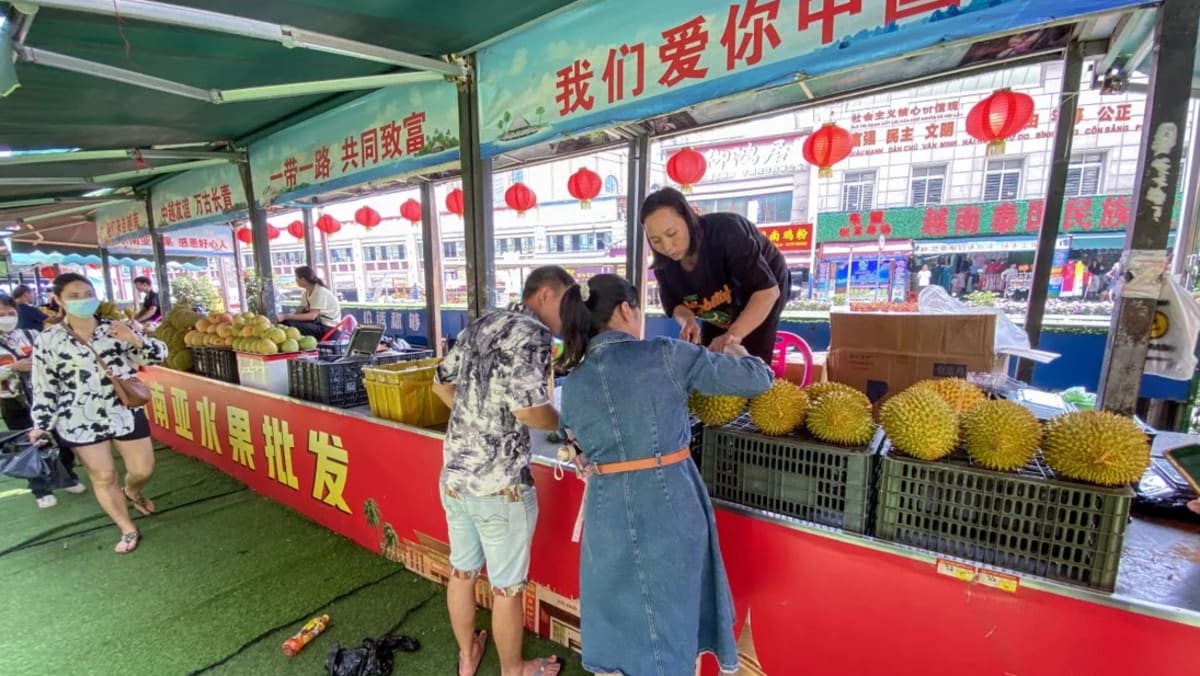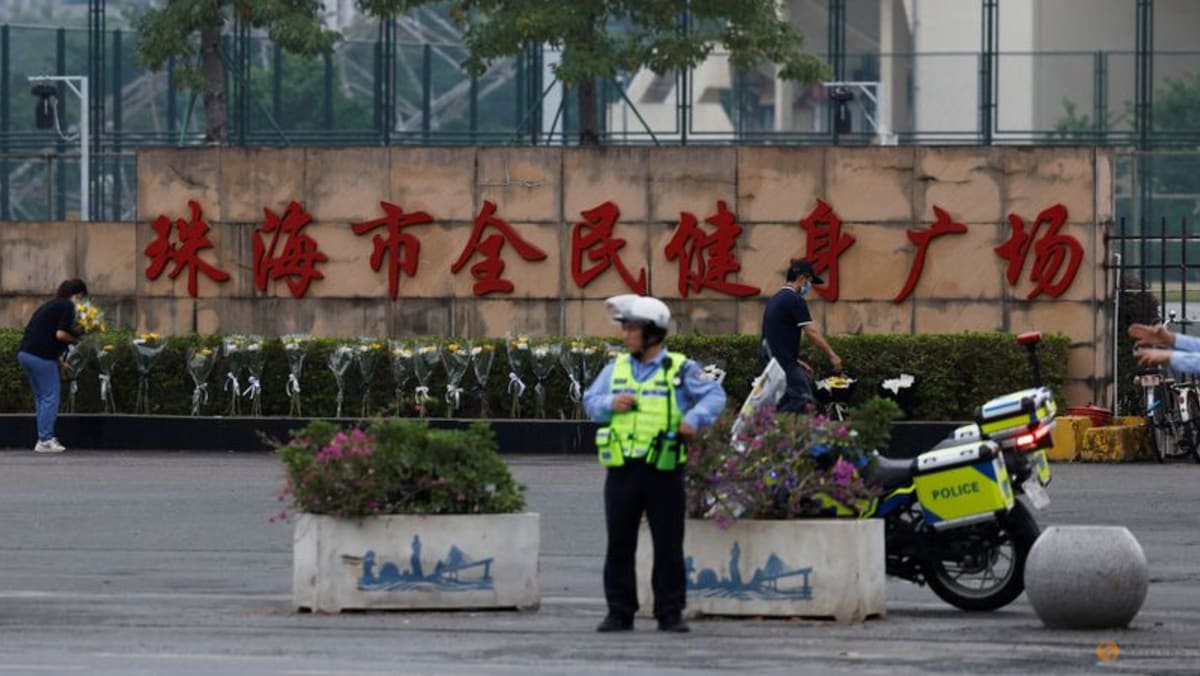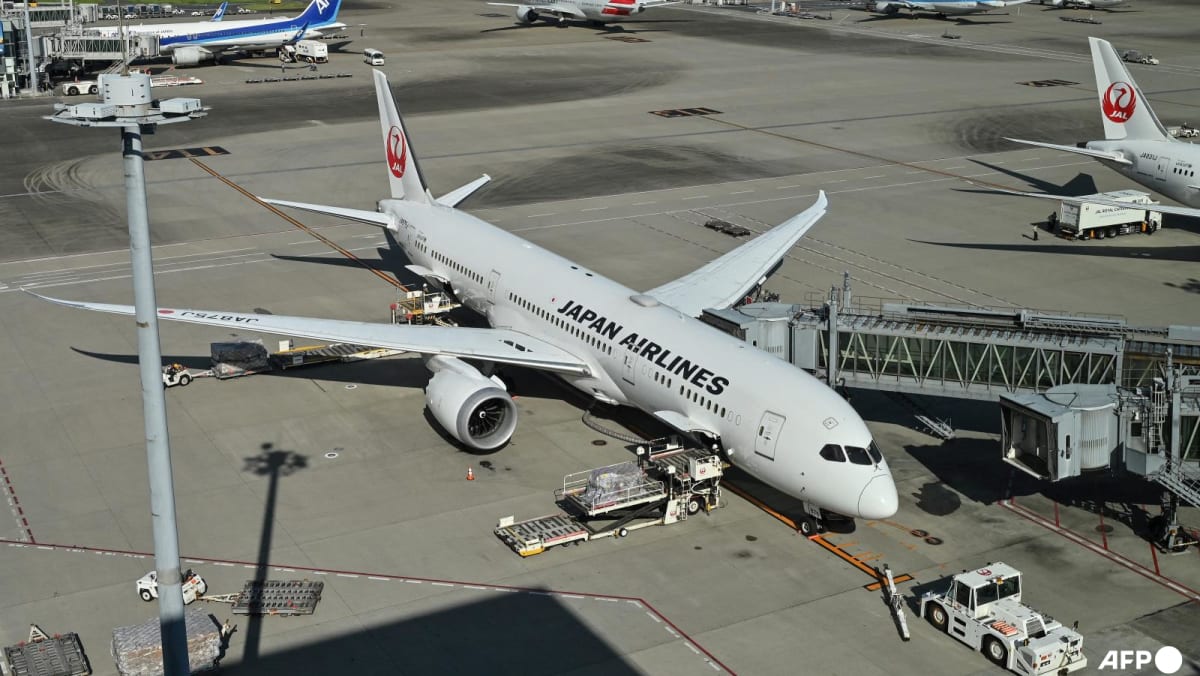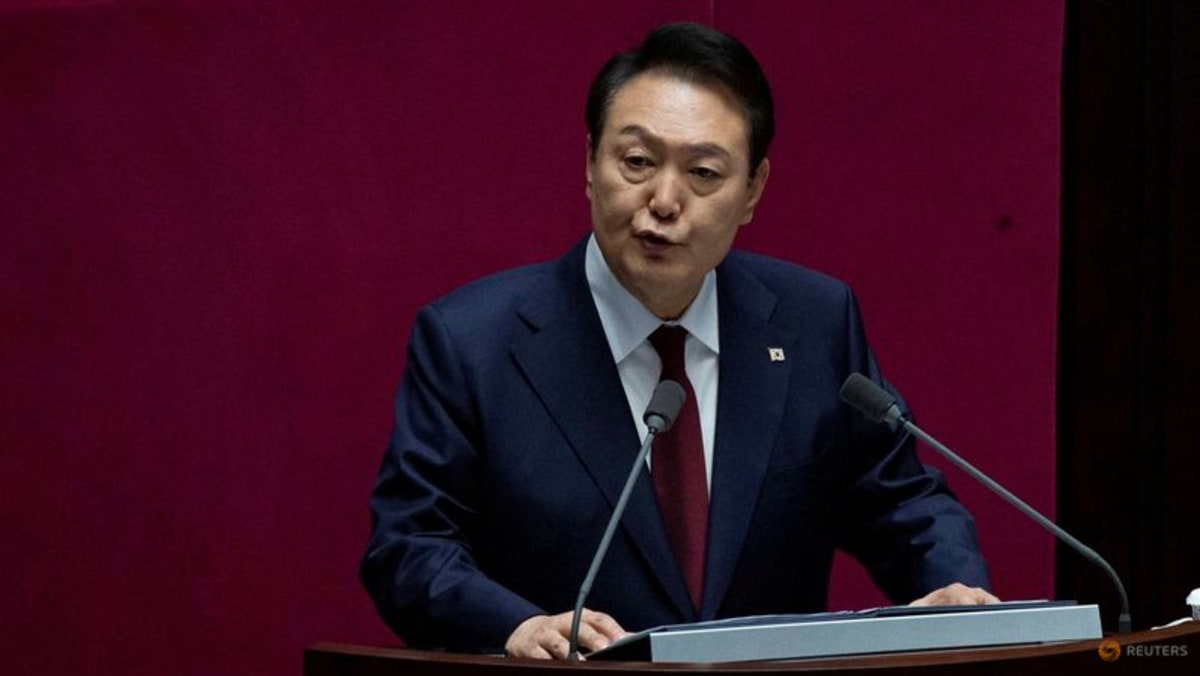China’s Vietnamese durian imports seen pushing total demand for fruit to nearly 1 million tonnes a year

The growing market potential for durian in China has pushed cities in Guangxi Zhuang autonomous region, which borders Vietnam, to beef up logistics to facilitate imports from its neighbour.
Chongzuo, a border city in Guangxi, is building an advanced logistics centre with cold-chain storage and food-processing facilities to improve the import process, said Liu Yeke, deputy director of the city’s development and reform bureau.
He said the first phase of investment will reach about 1.8 billion yuan (US$254 million) and will be put into use by 2025.
The access enhancements will allow Vietnamese durians to reach all parts of China within one to three days, according to local officials and traders who expect durian consumption to further rise as a result.
Since April, there have been two cross-border freight trains per day transporting Vietnamese fruit through the border town of Pingxiang, which is administered by Chongzuo, according to Huang Wenhan, a cargo supervisor with the Pingxiang branch of China Railway Nanning Bureau Group.
“Most of [the transported fruits] are durian and mangosteen, as they are the most profitable among tropical fruits,” Huang said.
It usually takes just one or two hours to complete the entry formalities and place the fruit on cold-chain trucks that can then reach supermarkets across the country in less than three days, Huang added.
Chen Xiao, director of Dongxing Port Service Centre in Guangxi, also expects to see considerable growth in durian imports from Vietnam this year.
“In the past, our port was mainly engaged in seafood imports, but this year the import of durian is increasing rapidly. Now it is the peak season for Vietnamese durians, and dozens of large trucks full of durian enter Dongxing Port every day,” Chen said.
Dongxing Port is connected with Mong Cai in Vietnam by two bridges that cross the Beilun River, located on the border.
Rog Chau, a Vietnamese man who runs a small fruit farm near Ho Chi Minh City, said Chinese have started to invest in durian farms in his hometown.
“Many fruit farmers in Vietnam are pivoting to plant durian because it is more profitable due to the huge appetite of the Chinese market,” Chau said.
Wang, the fruit importer, also expects the Regional Comprehensive Economic Partnership (RCEP) to facilitate greater durian trade in the future, and deals made through the world’s largest trade pact could also result in more Asean countries such as Indonesia becoming major durian suppliers to China.
This article was first published on SCMP.
Source: CNA















